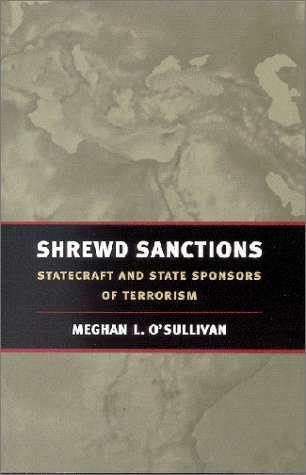

Most ebook files are in PDF format, so you can easily read them using various software such as Foxit Reader or directly on the Google Chrome browser.
Some ebook files are released by publishers in other formats such as .awz, .mobi, .epub, .fb2, etc. You may need to install specific software to read these formats on mobile/PC, such as Calibre.
Please read the tutorial at this link: https://ebookbell.com/faq
We offer FREE conversion to the popular formats you request; however, this may take some time. Therefore, right after payment, please email us, and we will try to provide the service as quickly as possible.
For some exceptional file formats or broken links (if any), please refrain from opening any disputes. Instead, email us first, and we will try to assist within a maximum of 6 hours.
EbookBell Team

5.0
98 reviewsThis book's twin cardinal virtues are its thoroughness and its cautious conclusions. Despite footnoting every twist and turn in how the U.S. employed sanctions in the four cases, and what subsequently happened in those sanctioned countries, O'Sullivan never overreaches in her claims. Many places in the book, she is careful to note that proving what sanctions accomplished (or did not accomplish) in any particular case is extremely difficult to separate from other factors affecting the outcome. Nevertheless, she superbly teases out some interesting and valuable conclusions from the data.
At the end of her book, O'Sullivan focuses on what policymakers need to do to make sanctions effective policy rather than just dramatic policy. She believes they should employ sanctions that are flexible, as well as maintain open channels of communication with the sanctioned country. Too often, U.S. policymakers have used rigid and redundant guidelines for sanctions that don't allow the target to be rewarded for good behavior. Without this flexibility, there is almost no incentive for the country to change. This causes the U.S. sanctions regime against it to harden into permanent U.S. policy, even when there is little interest in either country for this to happen.